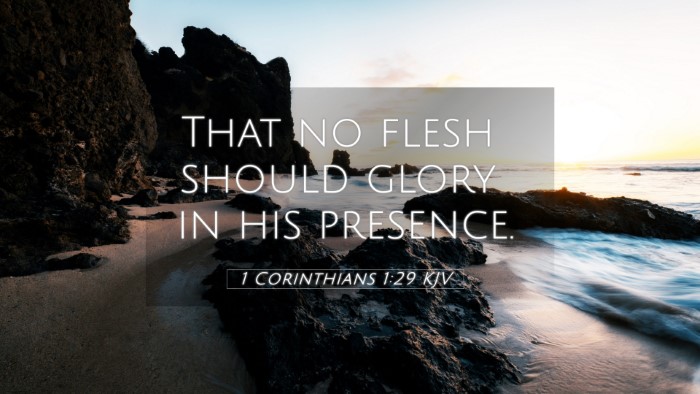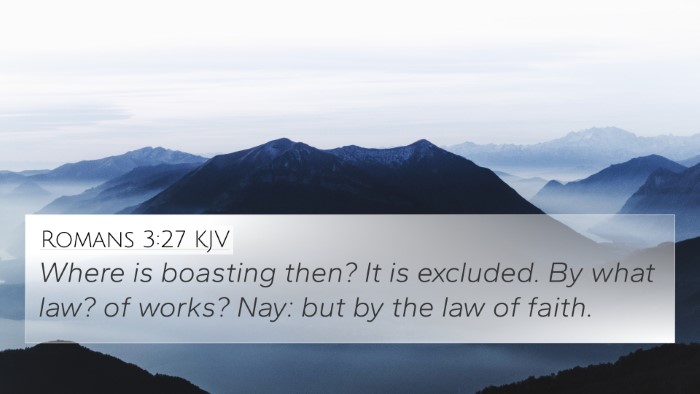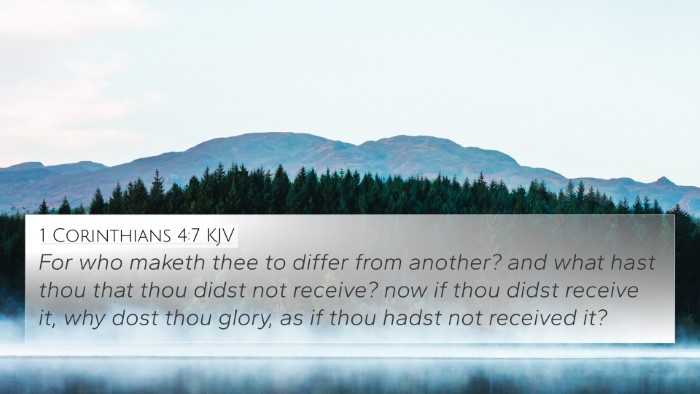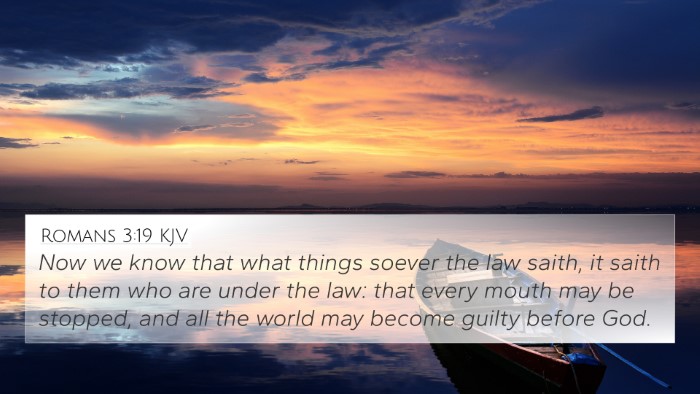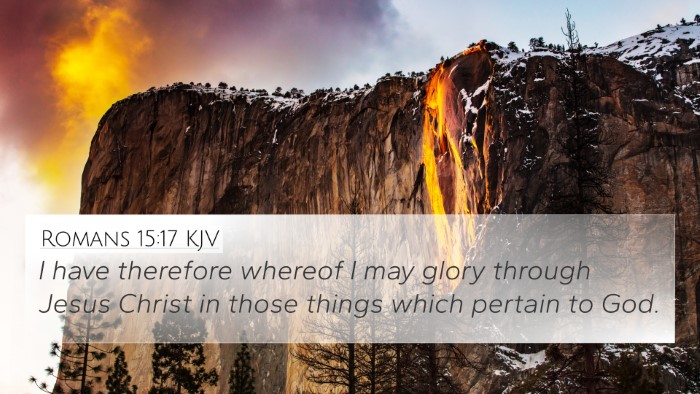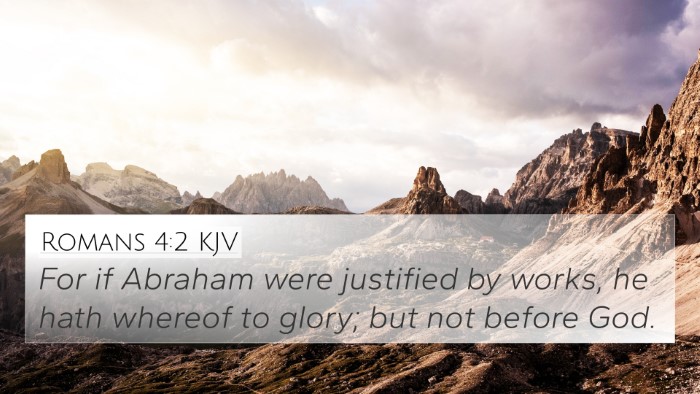Old Testament
Genesis Exodus Leviticus Numbers Deuteronomy Joshua Judges Ruth 1 Samuel 2 Samuel 1 Kings 2 Kings 1 Chronicles 2 Chronicles Ezra Nehemiah Esther Job Psalms Proverbs Ecclesiastes Song of Solomon Isaiah Jeremiah Lamentations Ezekiel Daniel Hosea Joel Amos Obadiah Jonah Micah Nahum Habakkuk Zephaniah Haggai Zechariah MalachiVerse
1 Corinthians 1:1 1 Corinthians 1:2 1 Corinthians 1:3 1 Corinthians 1:4 1 Corinthians 1:5 1 Corinthians 1:6 1 Corinthians 1:7 1 Corinthians 1:8 1 Corinthians 1:9 1 Corinthians 1:10 1 Corinthians 1:11 1 Corinthians 1:12 1 Corinthians 1:13 1 Corinthians 1:14 1 Corinthians 1:15 1 Corinthians 1:16 1 Corinthians 1:17 1 Corinthians 1:18 1 Corinthians 1:19 1 Corinthians 1:20 1 Corinthians 1:21 1 Corinthians 1:22 1 Corinthians 1:23 1 Corinthians 1:24 1 Corinthians 1:25 1 Corinthians 1:26 1 Corinthians 1:27 1 Corinthians 1:28 1 Corinthians 1:29 1 Corinthians 1:30 1 Corinthians 1:31
